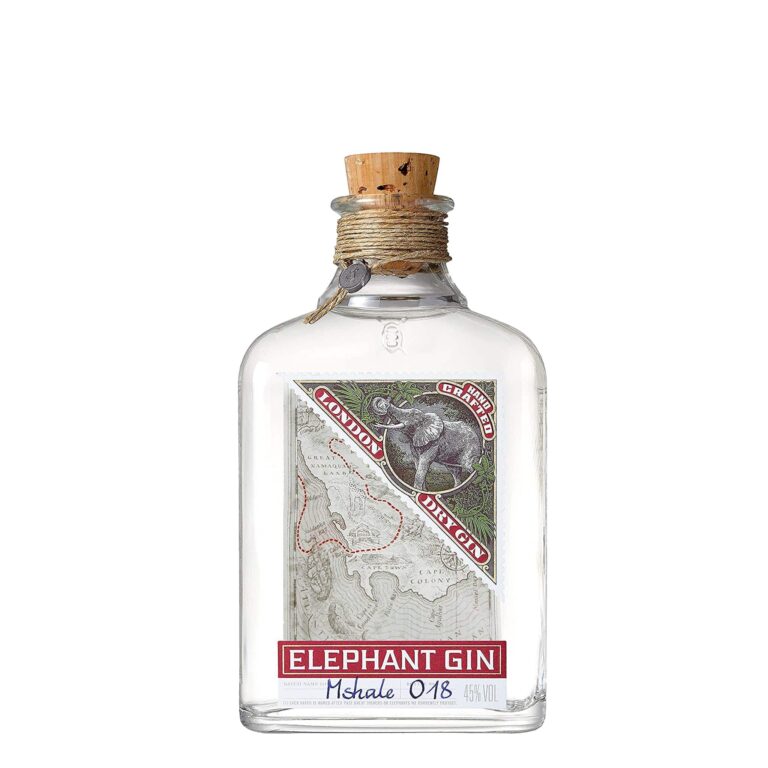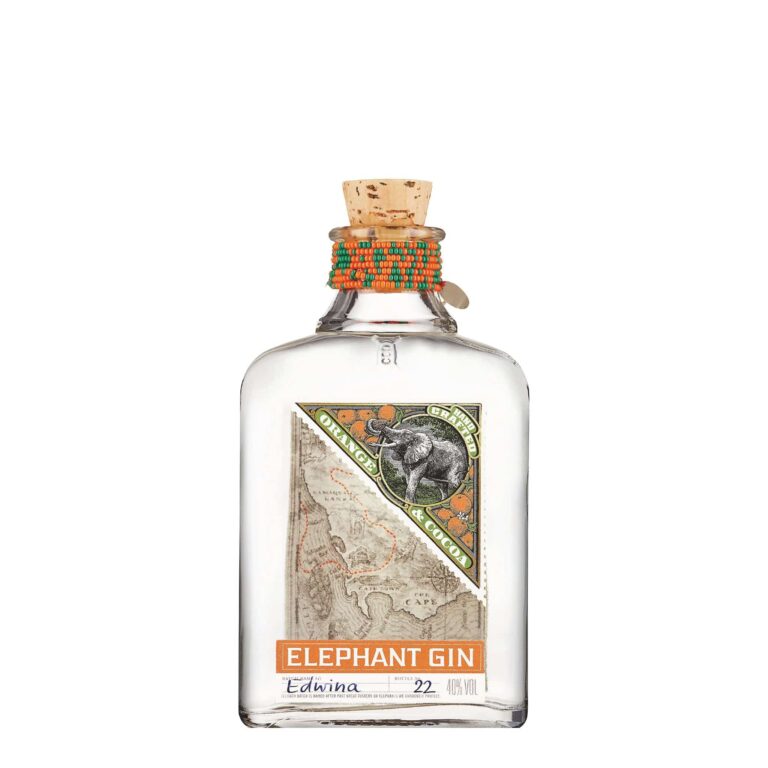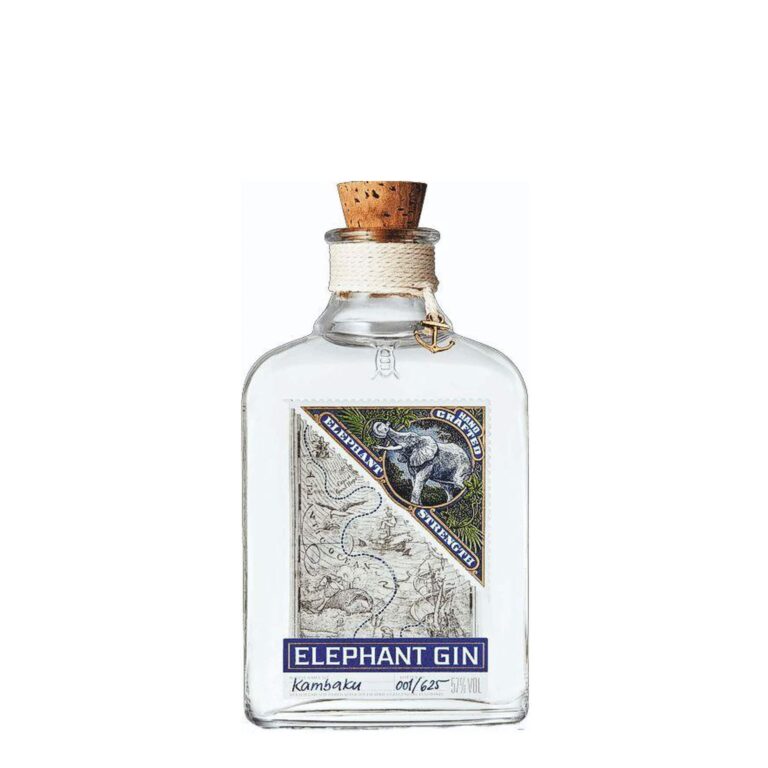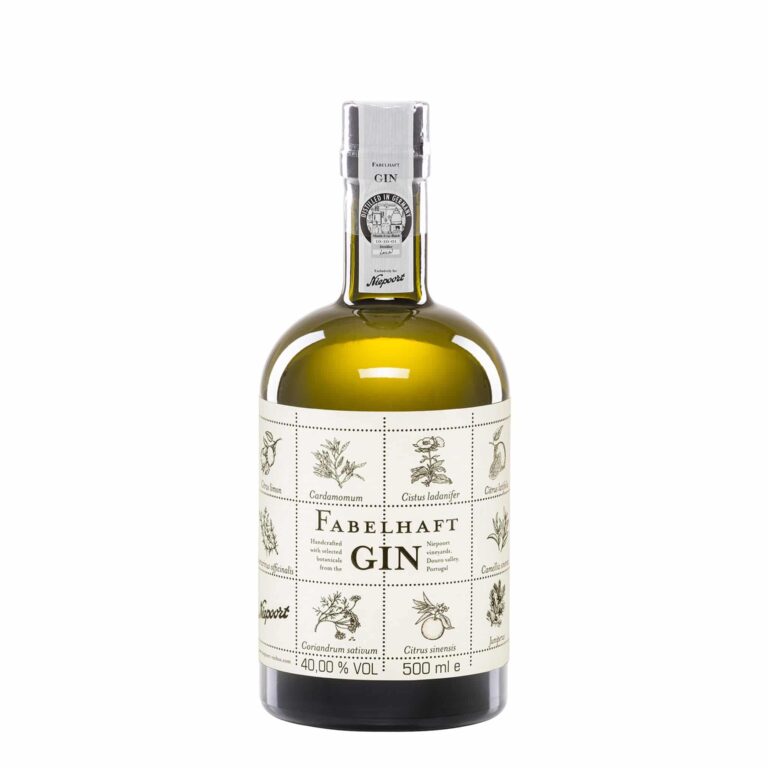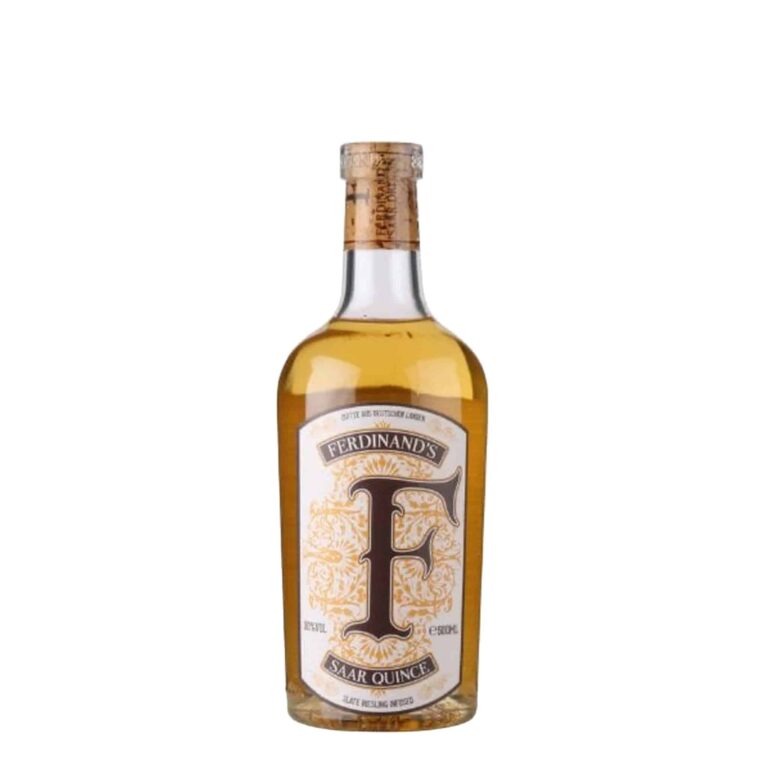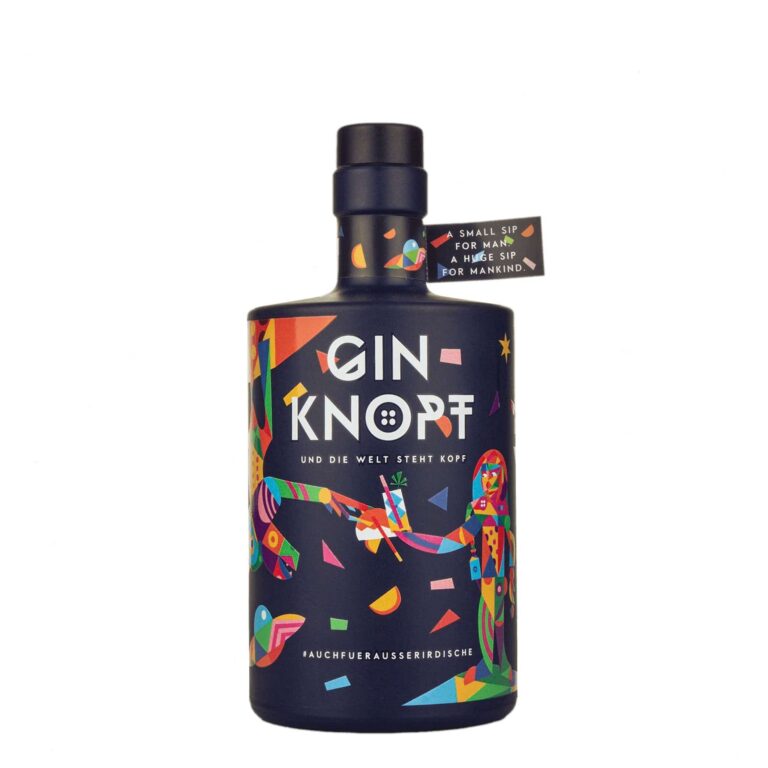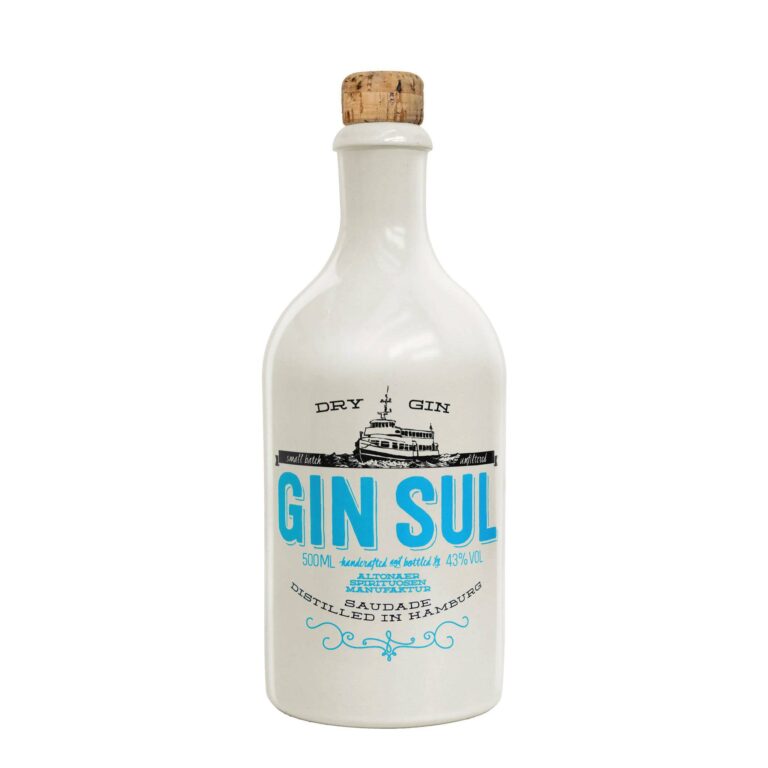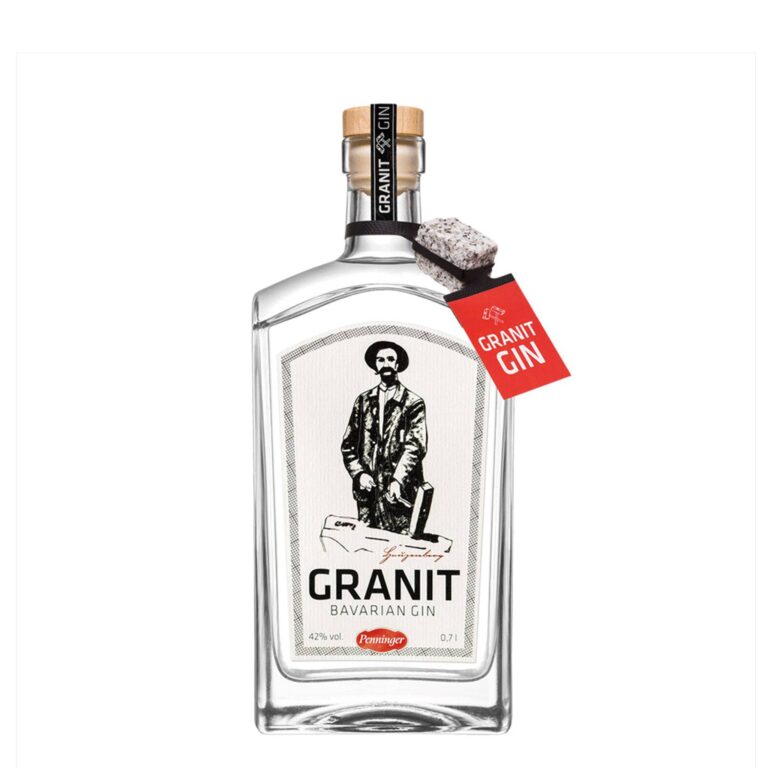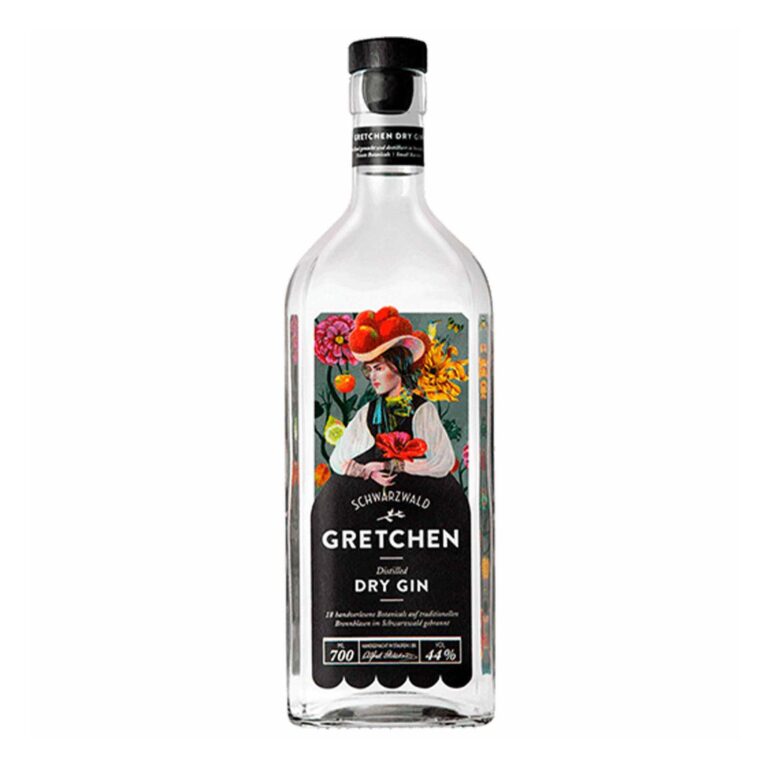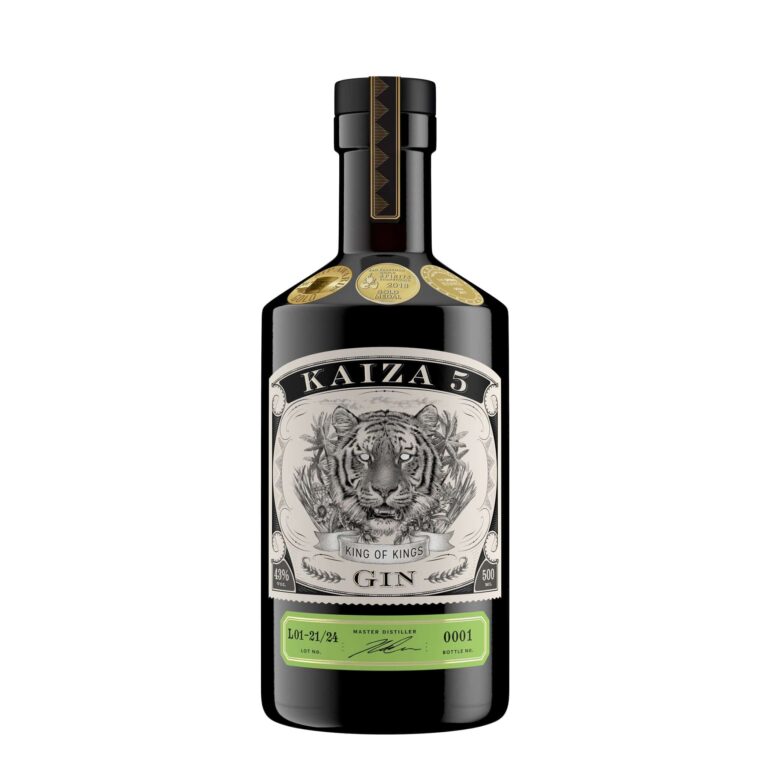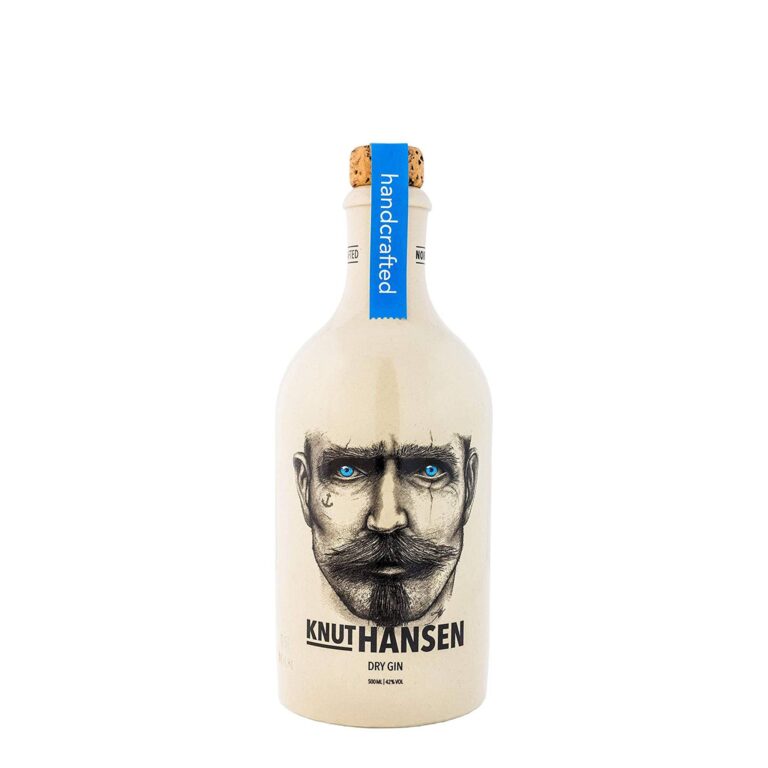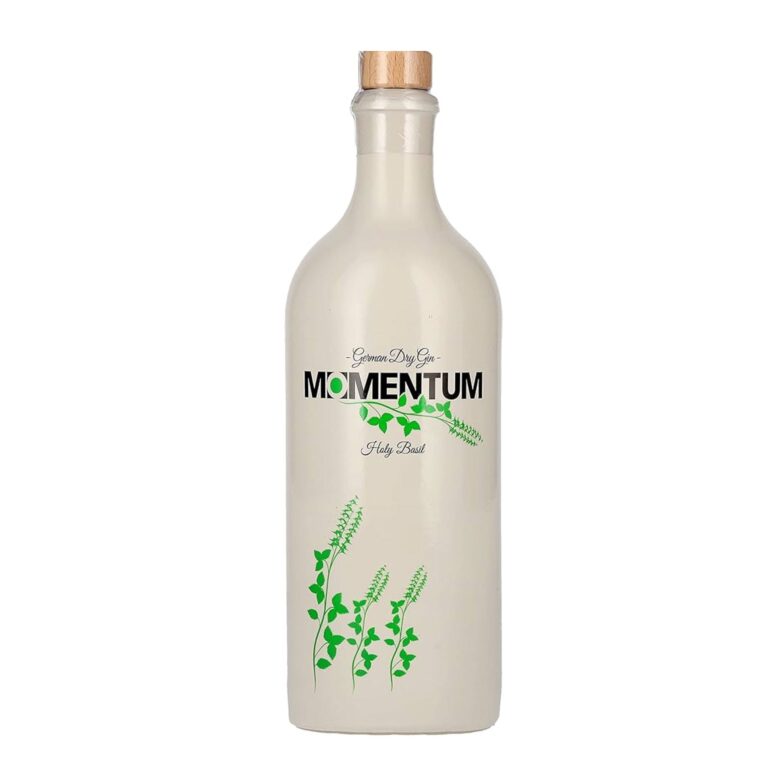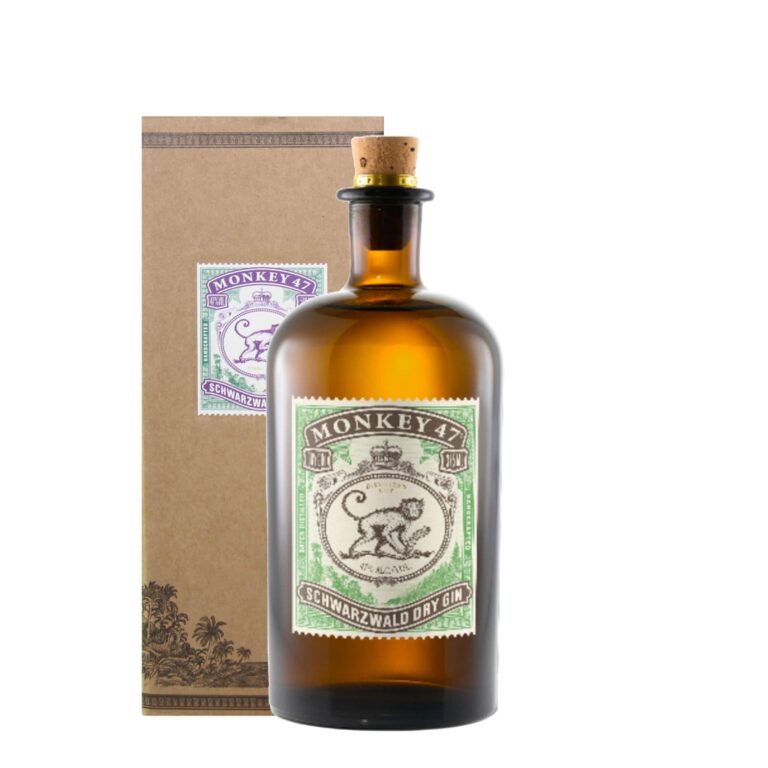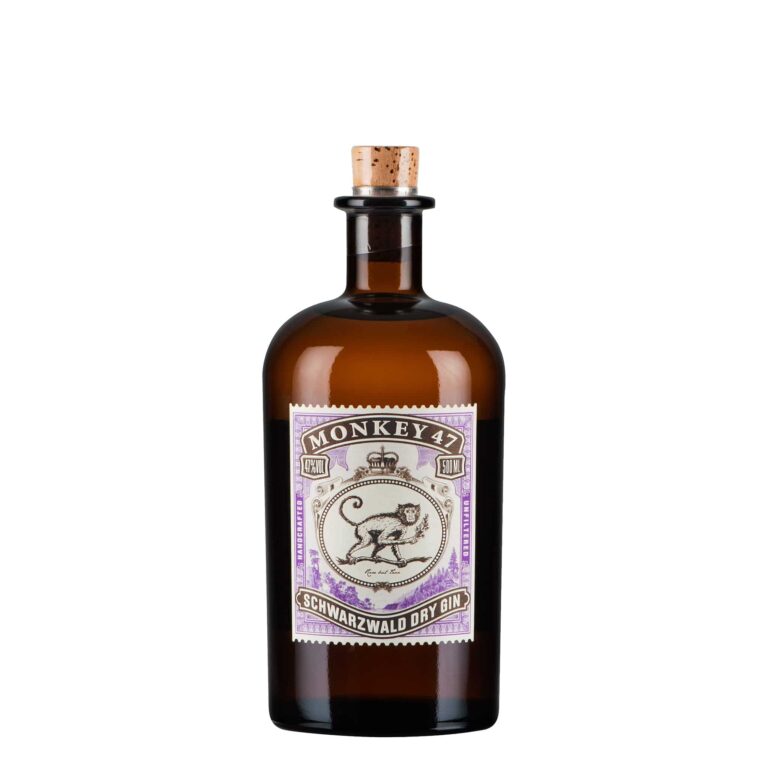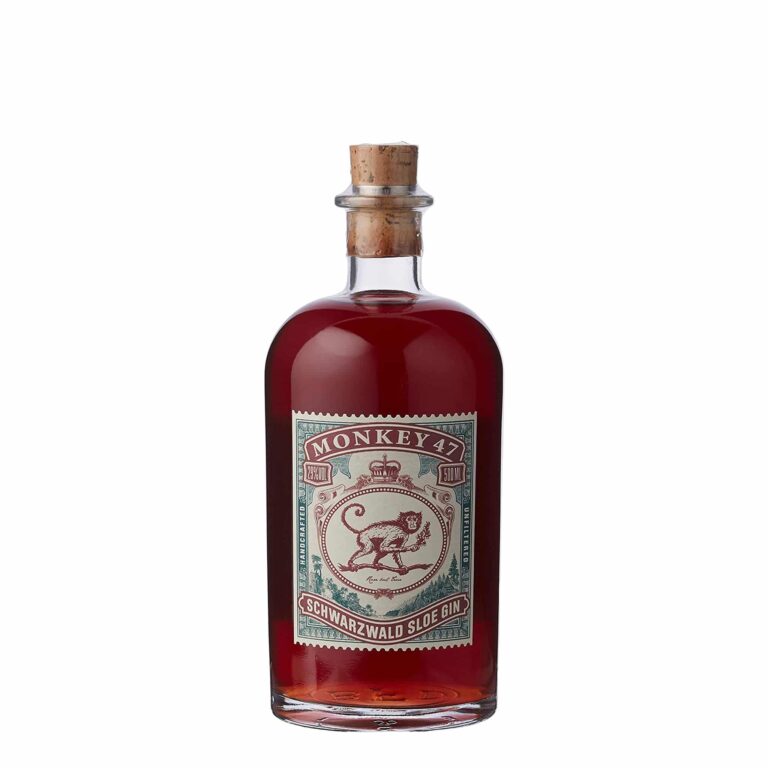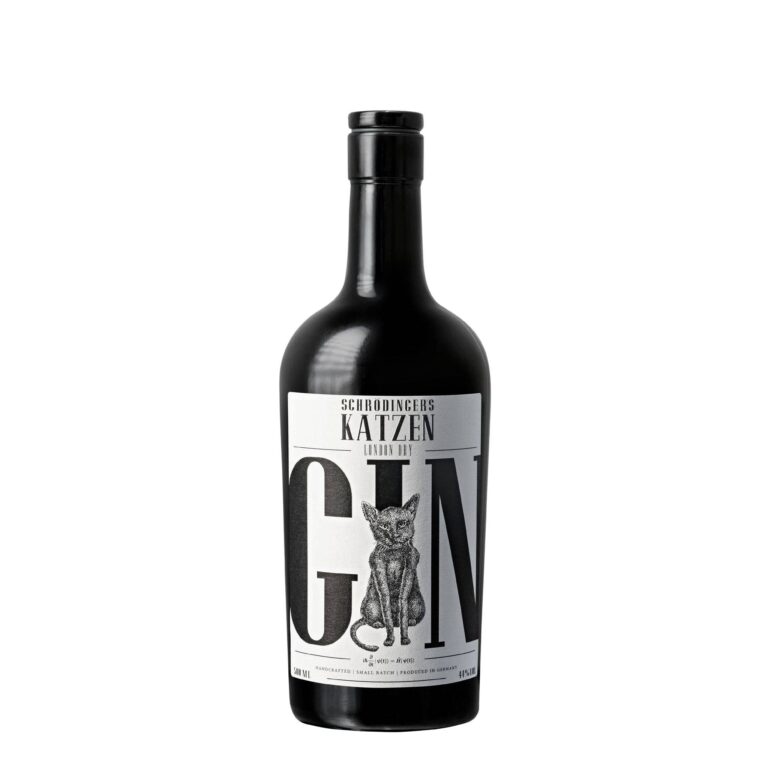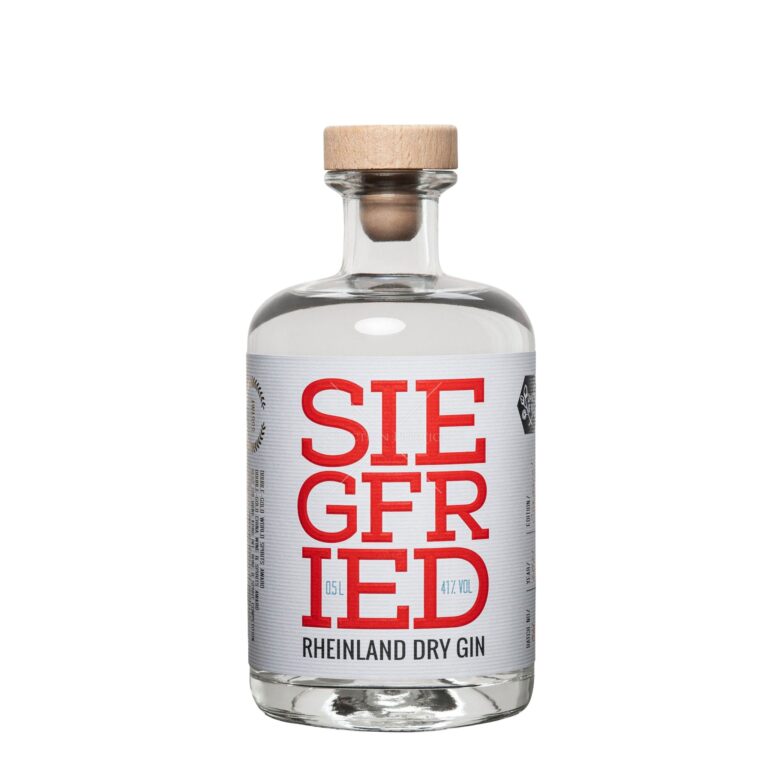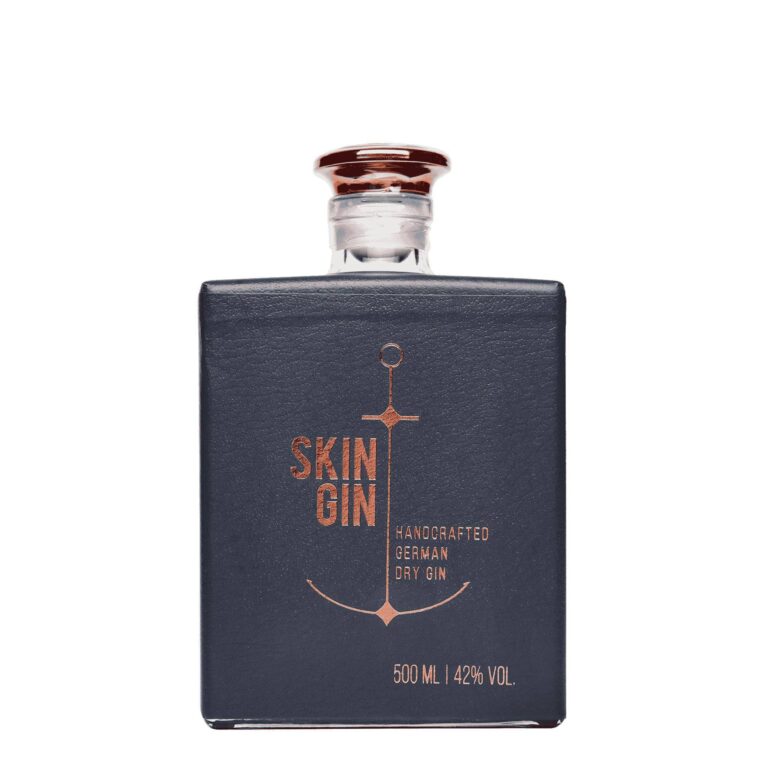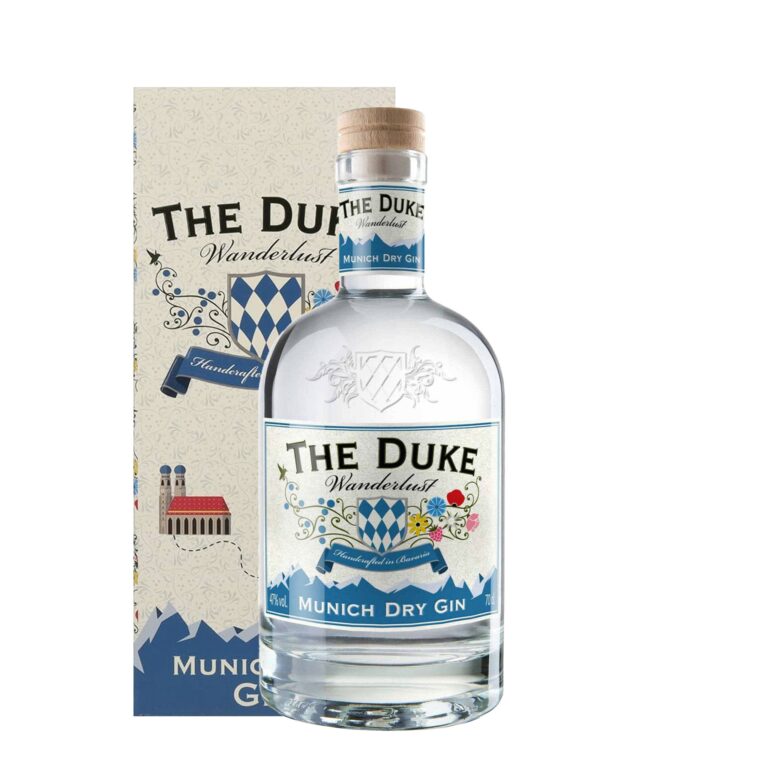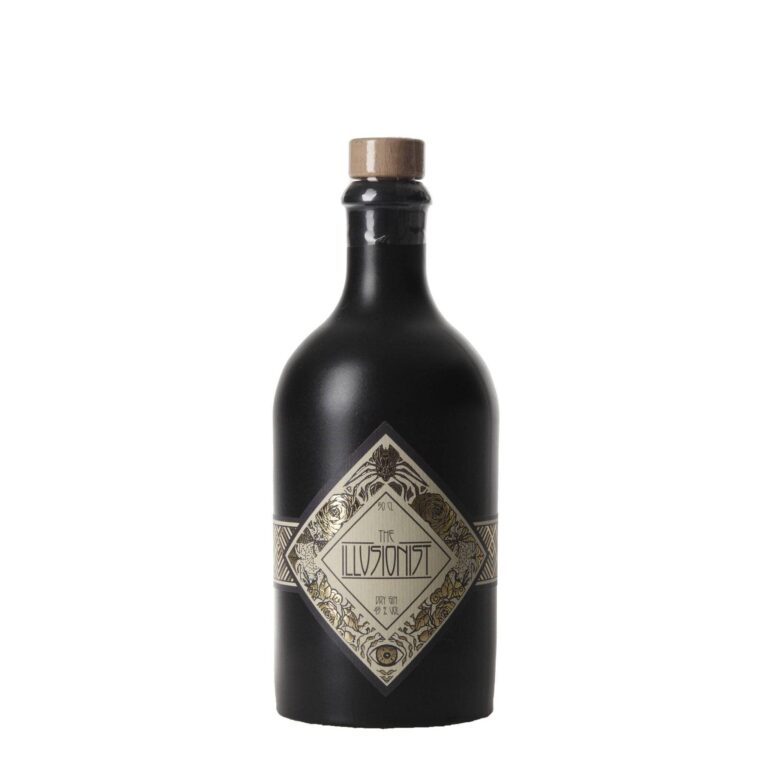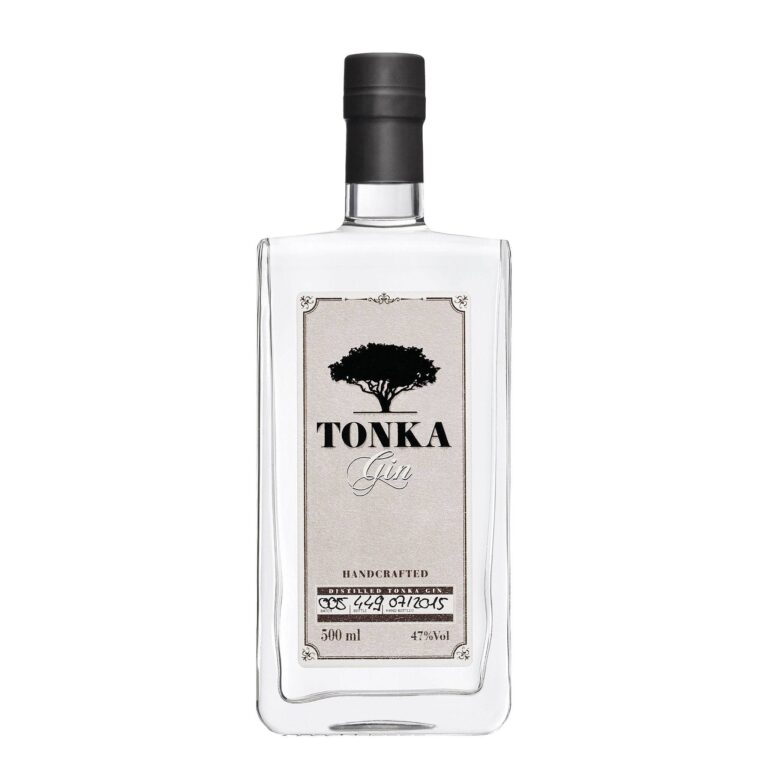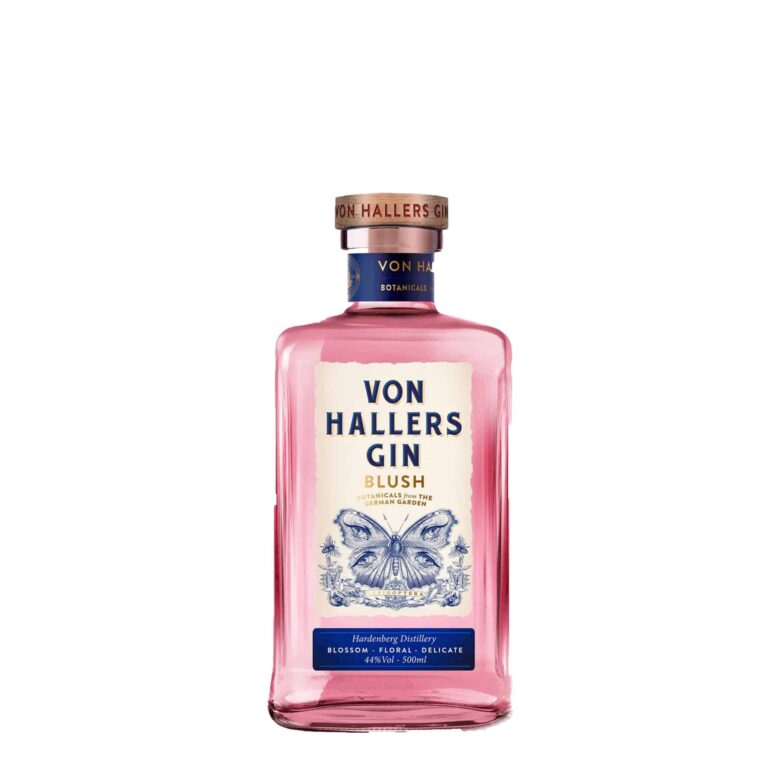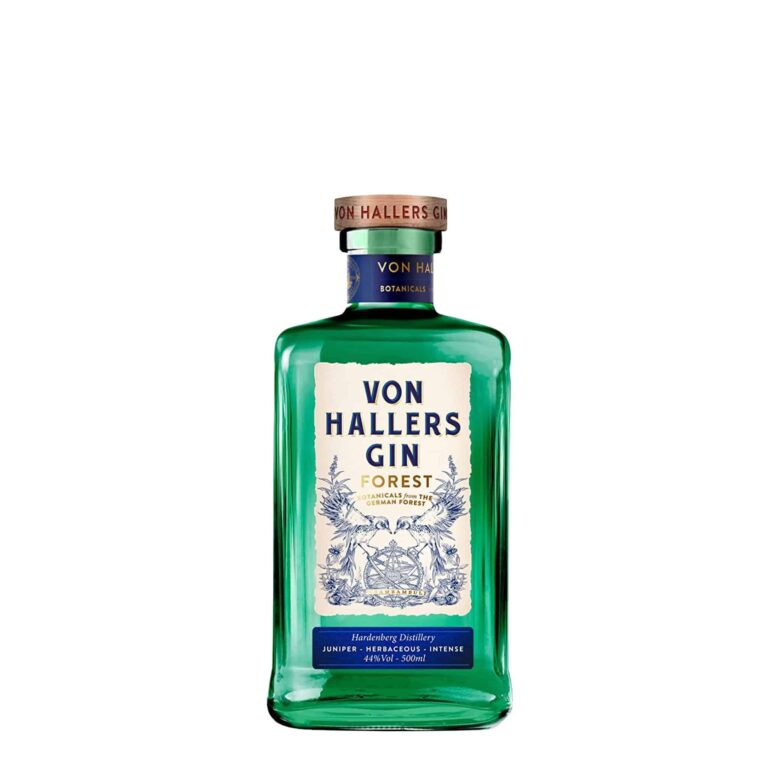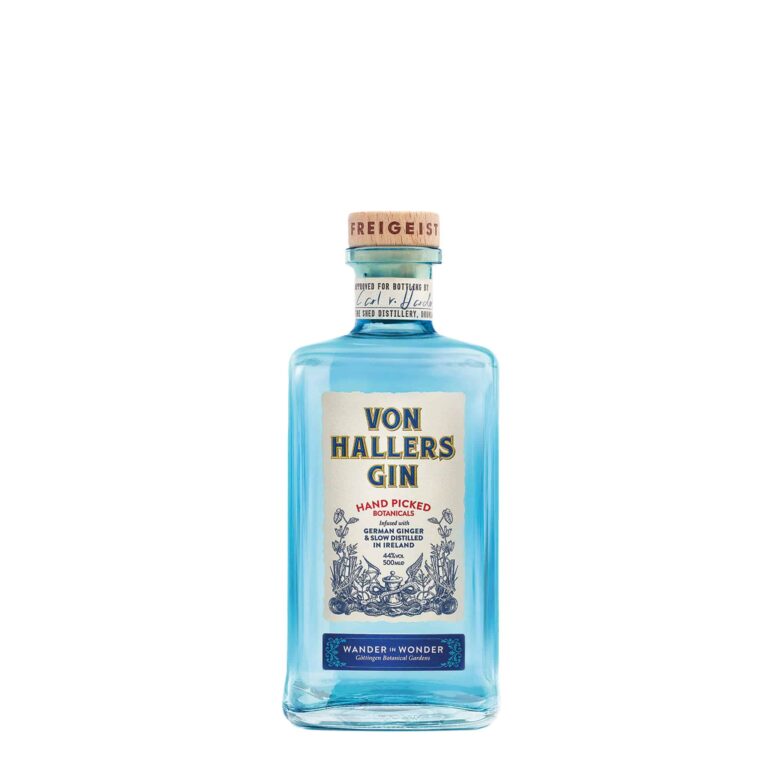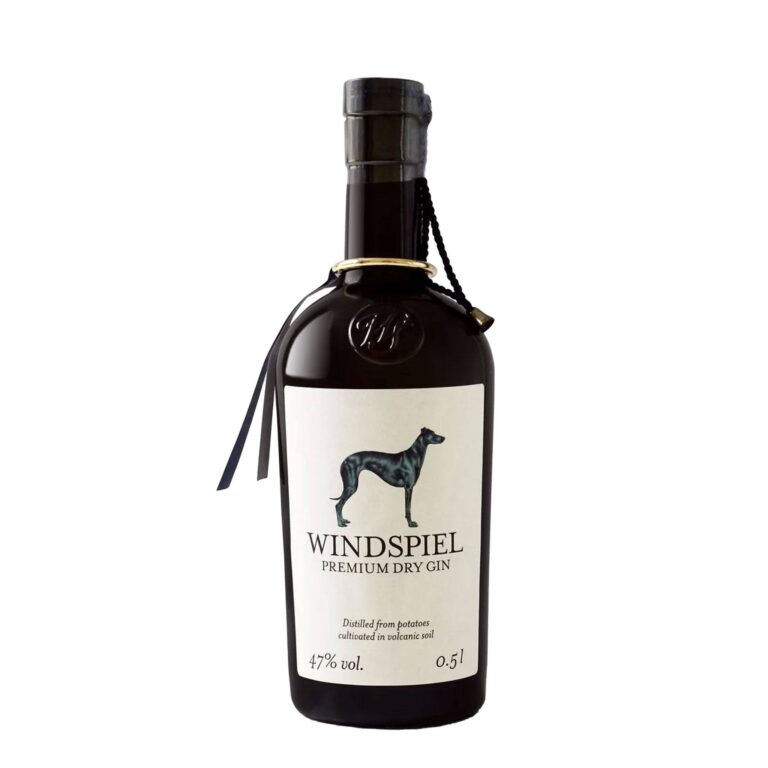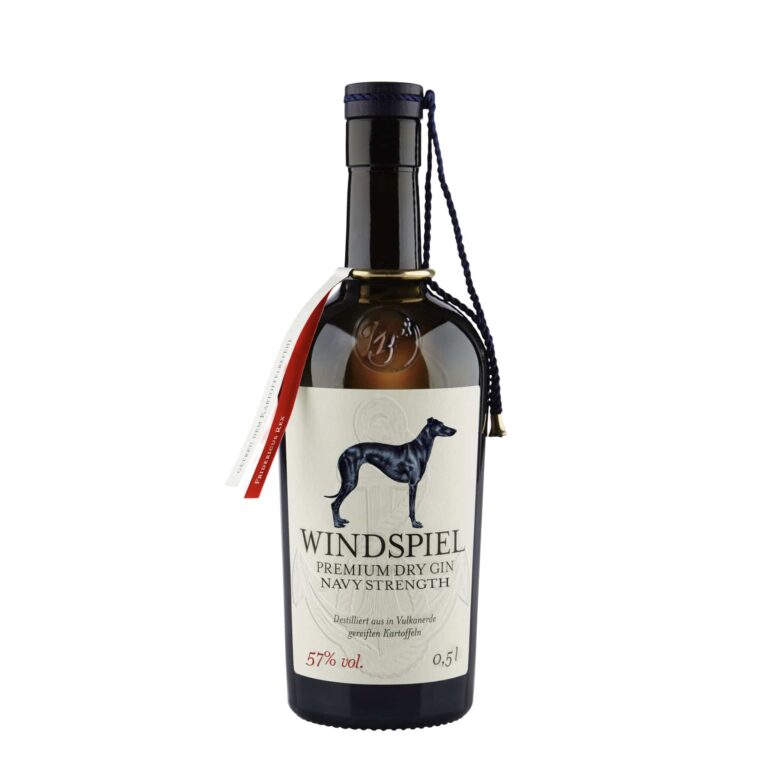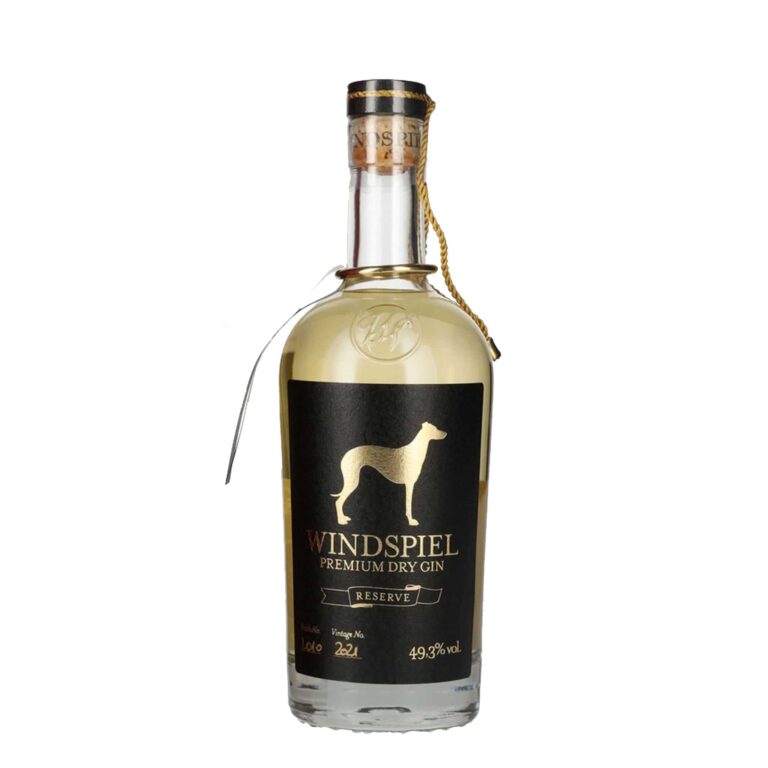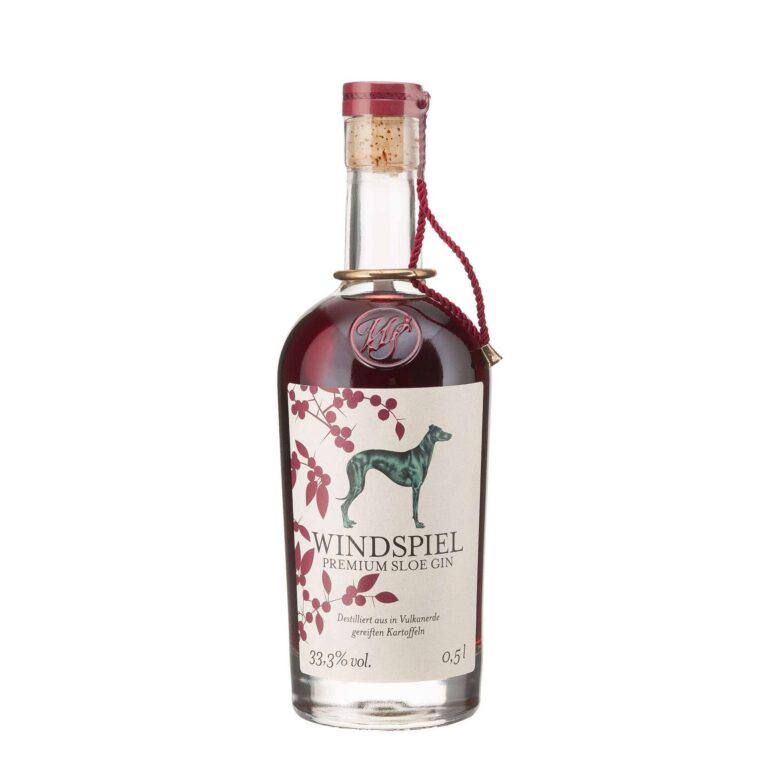European German Gin
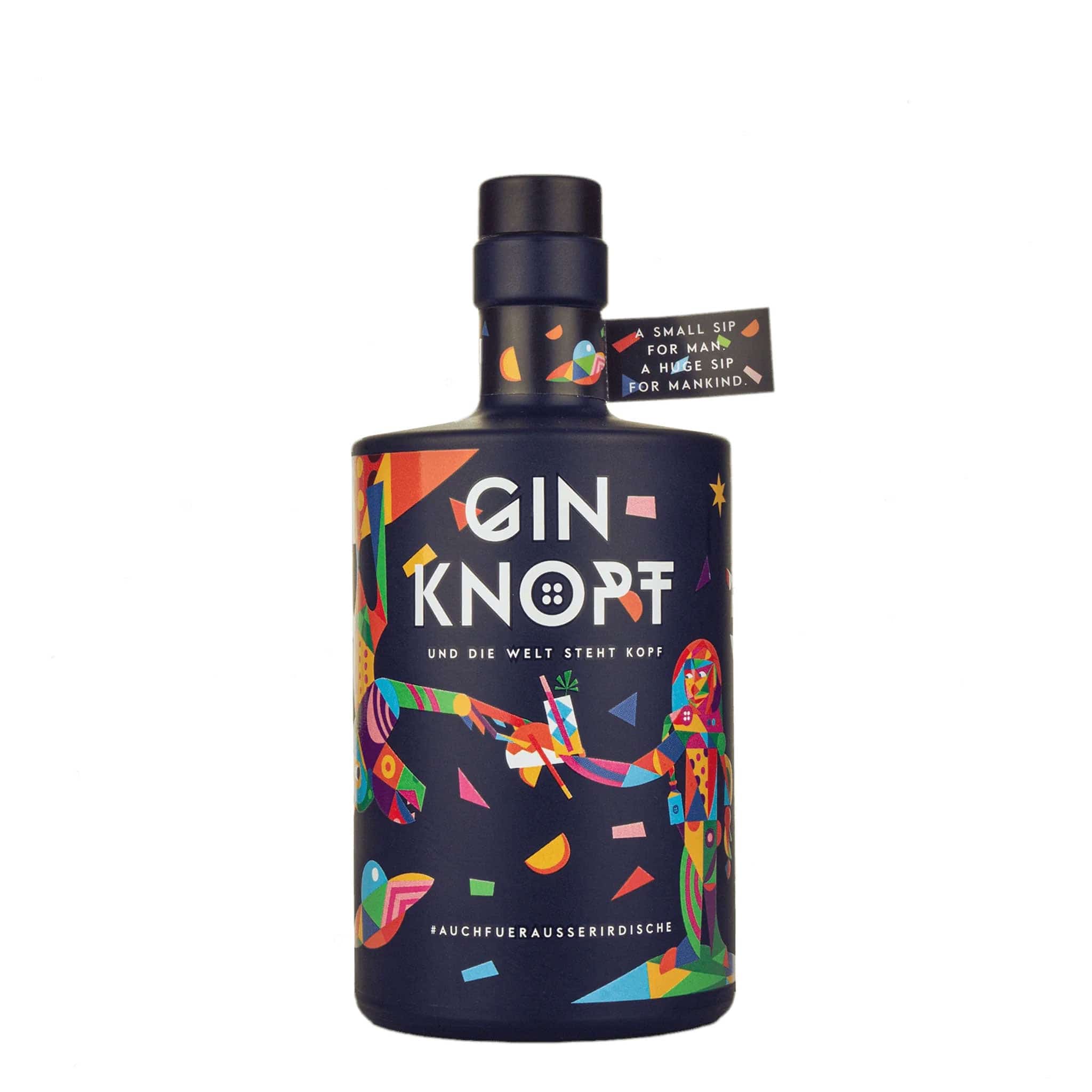
A Spirit steeped in European Tradition
Gin has its roots in Europe, especially the Netherlands and England. The Dutch genever was the inspiration for the English Gin Revolution in the 18th Century. Germany’s increasing prominence is a kind of full circle for the gin story, with Europe rediscovering its shared heritage through modern craft.
German distilleries use small batches and traditional copper pot stills to produce their spirits. They also follow the same meticulous distillation methods as fine brandies or Schnapps. European art is evident in each sip, with a feeling of clarity, smoothness, and purpose.
Even the water is important. The water is important.
Who enjoys German European Gin?
German Gin is a favorite of curious drinkers who want to try something new, but still enjoy quality. If you enjoy:
- British gins such as Hendrick’s or Sipsmith, but you want to add a continental touch;
- Local and sustainable products, since most German distillers champion eco-friendly production.
- Discovering unique flavor profiles from floral and herbal to crisp and citrusy is also a great way to discover new flavors.
If you love German Gin, then you will likely be smitten by its offerings.
It’s a good conversation starter for UK buyers. You’re not only serving a drink when you pour Monkey 47 or Ferdinand’s Saar Dry Gin to friends. Instead, you are sharing a story of innovation, craftsmanship, and culture.
How German Gin Stands Out
What makes German Gin different from the other gins that you may buy in the UK?
- Botanical diversity – Germany has a diverse range of plants. You’ll find wild juniper and lingonberries in Germany, as well as spruce trees, rose hips, local herbs, and spruce.
- German distillers are known to be technical experts. The German distillers are known for their technical excellence.
- Region Identity Each region has a distinct style: Black Forest Gins are earthy, deep, and rich; Bavarian Gins lean bright and citrusy; northern coastal gins can carry a hint of sea breeze.
- Small-Batch Handcraftsmanship – Most distillers produce in small batches, which ensures quality over quantity. You are often tasting something that was made by hand and not by machine.
- European character. While maintaining the British essence of Gin, these spirits add a European sensibility that is refined and adventurous.
German Gin: Easy, Versatile, and Rewarding
German Gin has the advantage of being very approachable. These gins can be used for creative cocktails or as a neat drink, whether you are a mixologist with years of experience or just getting started.
There are several ways to enjoy these:
- Classic G&T – Try Monkey47 with premium tonic and a grapefruit twist. Its complexity is evident.
- Martini: Ferdinand’s Saar Dry creates an elegant Martini dry with just a hint of vermouth.
- You can enjoy some German gins neat or on the rocks. For example, Windspiel Premium Dry Gin is made with potatoes that are grown in the volcanic soils of the Eifel.
- Seasonal drinks: Try warming a gin cocktail with citrus and spices in winter; experiment with floral tonics, or fresh berries, in summer.
German Gin is a gin that invites you to experiment with the flavors and not just follow the rules.
The family vineyards’ Riesling is used as the base. The result is a refined, lightly fruity gin that has a smooth and vinous character.
This is a great example of how European Terroir shapes a spirit. Each sip feels refined and approachable. It echoes the elegance of well-made white wines.
Tasting Notes:
- Aroma: Citrus, elderflower, and a hint of grape.
- Palate: Soft floral notes and fruity depth.
- Finish: Clean, refreshing, slightly sweet.
Perfect Serve:
Try it as a Riesling Martini, just Gin and vermouth dry, stirred together and served chilled. This cocktail is also beautiful with an apple slice and elderflower tonic.
UK availability: Available from specialist retailers such as DrinkSupermarket and TheDrinkShop.
3. Windspiel Premium Dry Gin: Smooth Sophistication
Windspiel Gin, produced in the volcanic Eifel area, is made with potatoes grown on local soil rich in minerals. The base spirit is exceptionally soft, allowing its botanicals–lavender, cinnamon, and coriander among others–to shine with gentle precision.
Windspiel is described as being luxurious but understated. Windspiel is less about flashiness than it is about finesse. It appeals to those who like subtlety and subtly in their Gin.
Tasting Notes:
- Nose: Floral with light juniper and spice.
- Palate : Texture: Creamy with balanced herbal notes.
- Finish Smooth and warming with a hint of citrus.
Perfect Serve:
Enjoy it neat or add a dash of tonic water. Try it with premium tonic water and a lemon peel for a special treat.
UK Availability: Select boutique spirit retailers online.
4. The Duke Munich Dry Gin: Bavarian Boldness
The Duke Dry Gin is a spirit from the beer capital, Munich. It’s a lively spirit that celebrates Bavarian products. It is distilled with hops and malt, and local herbs.
This Gin is slightly spicy compared to most German gins. It has a rich, earthy flavor.
Tasting Notes:
- Aroma: Juniper, malt, and zesty citrus.
- Palate: Herbal, peppery, and slightly sweet.
- Finish: Dry, aromatic, and lingering.
Perfect Serve:
It is perfect in a Negroni, or a Gin & tonic with a twist of lemon.
5. Siegfried Rheinland Dry Gin Modern Minimalism
Siegfried Gin is named after the German hero who embodies purity and balance. It’s made in the Rhine area and is based on the delicate taste of linden bloom, a nod to Siegfried’s mythical tree.
It’s clean, contemporary taste is what makes it so special. Floral without being perfumed and crisp without being harsh. Bartenders in Europe love it for its versatility when making cocktails.
Tasting Notes:
- Nose: Linden, citrus, and light spice.
- Palate: Soft juniper and floral notes with a balanced sweetness.
- Finish: Fresh, elegant, and dry.
Perfect Serve:
Perfect in a Gin Sour or Tom Collins.
UK Availability: Gaining popularity–available from select online gin specialists.
FAQs: Understanding German Gin
1. What is the difference between German Gin and London Dry Gin?
German Gin is often made with regional botanicals and softer base spirits. This gives it a more aromatic, smoother profile. London Dry is sharper and more juniper-oriented.
2. Can I buy German Gin in the UK
Yes! Yes!
3. What is the best way to serve German Gin?
Keep things Simple: Premium tonic and plenty of ice with a garnish that complements the botanicals in the Gin. Apple slices, grapefruit, or rosemary are all great options.
4. Can German gins be used in cocktails?
Absolutely. They are great for classic cocktails like Martinis or Negronis, as well as modern and creative mixes.
5. German Gin: Is it worth the price?
Yes, for many. Gin lovers will find it to be a rewarding and premium choice because of its quality ingredients, craftsmanship, and distinctive flavors.

